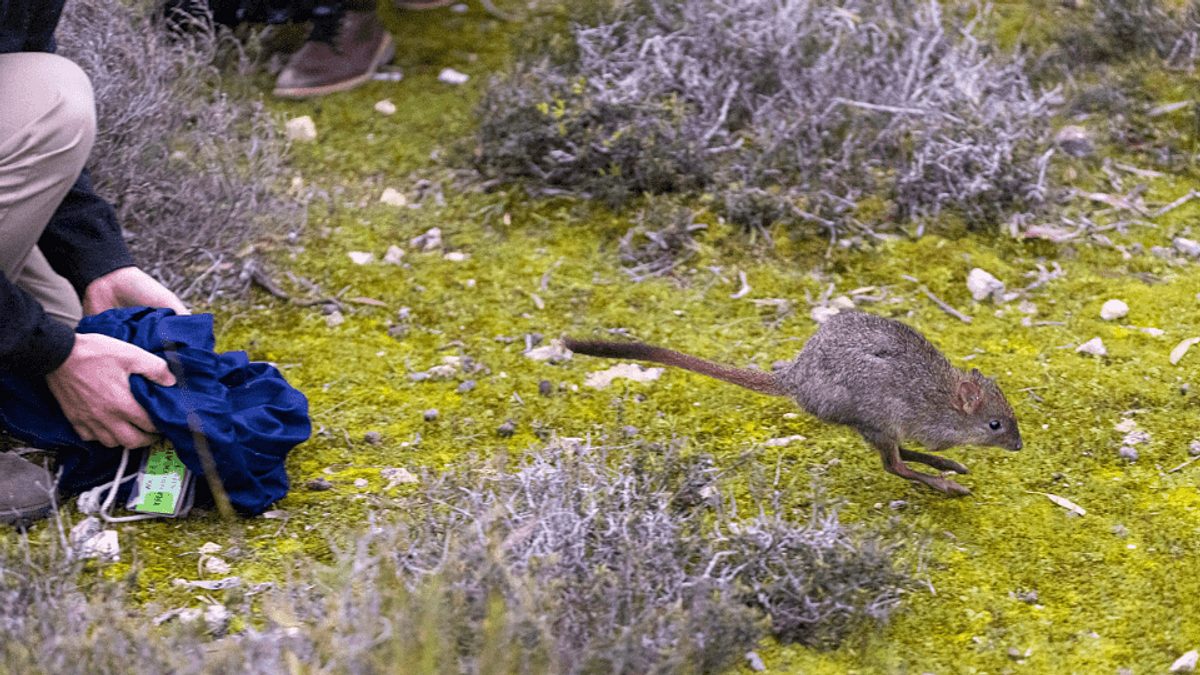Wave goodbye to Mexican poppy
With the weather starting to warm up, landholders across the Northern and Yorke region are encouraged to look out for any new infestations of Mexican poppy (Argemone ochroleuca), and to start planning their summer-active weed control.
With the weather starting to warm up, landholders across the Northern and Yorke region are encouraged to look out for any new infestations of Mexican poppy (Argemone ochroleuca), and to start planning their summer-active weed control.
Natural Resources Northern and Yorke Landscape Ranger Tayla Westley said that Mexican poppy had recently been identified in the waterways of the Flinders Ranges.
"This invasive plant has been identified as a threat and quick action may prevent this weed from becoming widespread," Ms Westley said.
"The weed establishes on disturbed ground, overgrazed pastures, river beds and roadsides, with a single plant producing up to an estimated 30,000 seeds per year.
"Seeds can be transported by contaminated soil, fodder, vehicles and the fur and hooves of livestock and can remain dormant for many years, which makes control difficult.
"Controlling these weeds during their growing season limits the number of plants which reach maturity, thus reducing the seed stock and live plants for the next season."
Mexican poppy may impact primary production as the prickly fruits can become entangled in wool, reducing its value considerably. It is suspected of being toxic to animals and humans due to the presence of alkaloids in all parts of the plant. However, reported cases of poisoning are rare because livestock tend to avoid it in the field.
Pest plants have a major impact on Australia’s agricultural productivity and environment. Each year more than $4 billion is lost through decreased production and the cost of control programs.
In most cases, agricultural or environmental pest plants have been introduced into an environment and become over-abundant.
Ms Westley said Natural Resources Northern and Yorke staff can provide a range of services to landholders to help them manage weeds on their property.
"We can help landholders with a free weed identification service, provide advice about the most appropriate management method for pest plants on their property and supply information on pest plants, control methods/chemicals and times to act," Ms Westley said.
"Over the coming months, summer-active weeds will be flush with flowers and fruit, making them easy to identify and target, so it is a prime opportunity to undertake control activities."
For further advice regarding plant identification and management, contact the Natural Resources Centre in Clare on 8841 3444.
Under the NRM Act 2004 the Northern and Yorke NRM Board is responsible for the control of roadside weeds, with associated costs being recoverable from adjoining landholders. Landholders wishing to undertake their own roadside weed control are urged to contact their local Council to ensure compliance with any local regulations.


